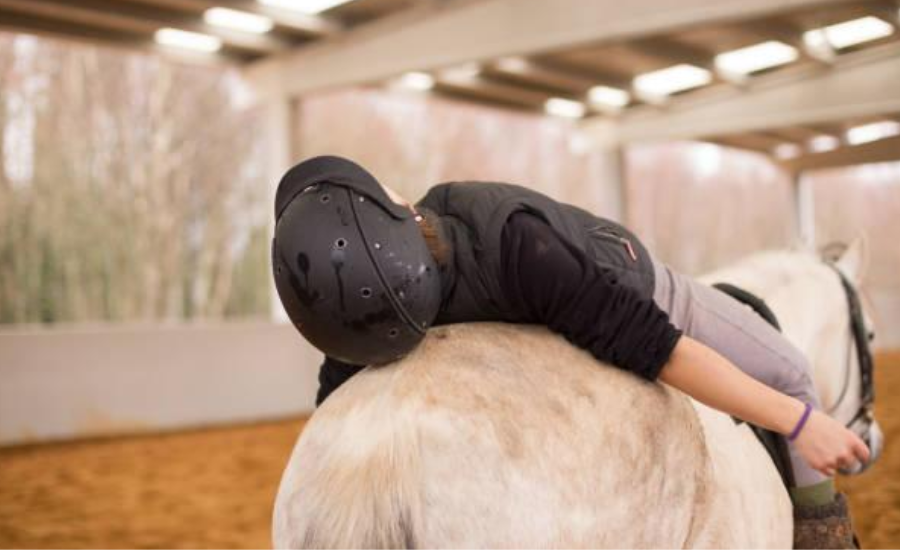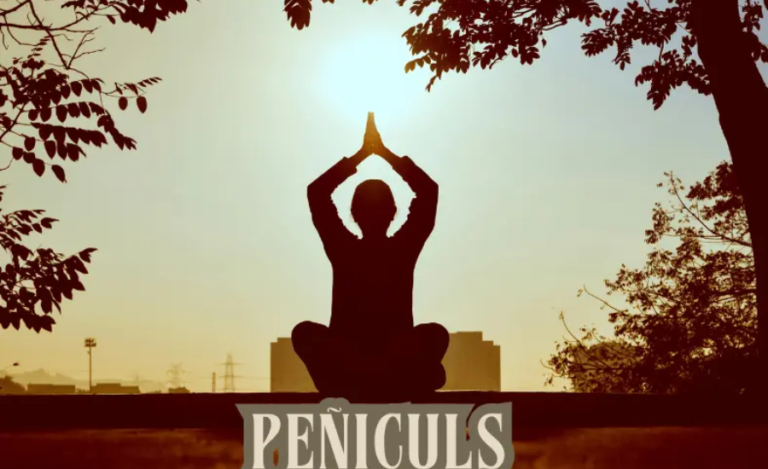Equine-Assisted Healing for Trauma and Stress
Trauma and stress can have profound effects on a person’s mental and emotional well-being. While traditional therapies such as talk therapy and medication are commonly used to address these issues, many individuals are now turning to alternative treatments that offer a more holistic approach to healing. One such alternative that has gained popularity is equine-assisted healing.
This therapeutic approach involves working with horses to address emotional challenges, particularly those related to trauma and stress. The connection between humans and horses creates a unique environment that fosters emotional regulation, self-awareness, and healing. In this article, we’ll explore the transformative impact of equine-assisted healing, how it works, and why it’s an effective option for those recovering from trauma and managing stress.
Understanding Equine-Assisted Healing
Equine-assisted healing is a form of experiential therapy where individuals interact with horses in a therapeutic setting, guided by a trained mental health professional and an equine specialist. The focus is not on riding horses, but on observing, grooming, leading, and communicating with them. Horses are highly intuitive animals, capable of sensing human emotions, which makes them ideal partners in the therapeutic process.
Horses provide immediate feedback to individuals based on their emotional state. If a person is anxious or stressed, the horse may mirror that energy, helping individuals become more aware of their inner feelings. This form of therapy is often used for those dealing with post-traumatic stress disorder (PTSD), anxiety, depression, and other mental health challenges.
Why Horses?
Horses are prey animals by nature, meaning they are highly attuned to their environment and sensitive to non-verbal communication. Their heightened awareness makes them exceptionally responsive to human emotions. In equine-assisted healing, this sensitivity allows individuals to recognize their own emotional patterns.
Moreover, horses live in the present moment, unburdened by the past or future. This natural state of mindfulness encourages individuals to focus on the here and now, which is particularly beneficial for those struggling with trauma and stress. Through this process, individuals can begin to process their emotions in a safe and non-judgmental space.
The Benefits of Equine-Assisted Healing for Trauma
Healing from trauma is a complex process that requires emotional safety, trust, and self-awareness. Equine-assisted healing provides a supportive environment where these key elements can be nurtured.
Here’s how equine-assisted healing helps trauma survivors:
1. Building Trust and Connection
Trauma often leaves individuals feeling isolated and distrustful of others. Horses, with their gentle nature, help rebuild trust in a non-threatening way. As individuals learn to connect with horses, they develop the ability to trust others and form healthy relationships. This bond is often the first step toward emotional healing.
2. Promoting Emotional Regulation
One of the most challenging aspects of trauma recovery is learning to manage overwhelming emotions. Horses are incredibly responsive to human emotions, and they reflect back the energy they perceive. If an individual approaches a horse with anxiety or anger, the horse may become uneasy or distant. This immediate feedback teaches individuals to regulate their emotions and approach situations with calmness and control.
3. Encouraging Mindfulness
For trauma survivors, it’s easy to get caught up in reliving the past or worrying about the future. Horses naturally exist in the present moment, encouraging individuals to do the same. Engaging with horses requires focus, presence, and mindfulness, all of which help reduce anxiety and promote a sense of peace.
4. Fostering Self-Esteem and Empowerment
The process of caring for and working with a horse builds confidence and self-esteem. Trauma often leaves individuals feeling powerless, but through equine-assisted healing, they gain a sense of responsibility and accomplishment. Successfully communicating with a horse or overcoming fear in its presence can be deeply empowering.
5. Processing Trauma in a Non-Verbal Way
Not everyone feels comfortable expressing their emotions verbally, especially when it comes to trauma. Horses offer a non-verbal form of communication, allowing individuals to process their feelings through actions rather than words. This experiential approach can be particularly beneficial for those who find it difficult to open up in traditional therapy.
How Equine-Assisted Healing Helps Manage Stress
Stress, particularly chronic stress, can take a serious toll on both mental and physical health. Whether it’s work-related, family issues, or personal struggles, managing stress effectively is crucial for overall well-being. Equine-assisted healing provides a calming and supportive environment that helps individuals gain control over their stress responses.
Here’s how this therapy can help with stress management:
1. Reducing Anxiety and Tension
Working with horses requires individuals to be calm and focused, as horses respond to the energy around them. Engaging with these animals in a mindful way helps reduce anxiety and tension, promoting relaxation. The act of grooming or leading a horse can be soothing, helping individuals step away from their worries and focus on the present.
2. Improving Coping Skills
Stress often results from feeling overwhelmed by life’s demands. Equine-assisted healing helps individuals develop better coping mechanisms. The process of interacting with a horse—especially one that is initially unresponsive or anxious—teaches patience, problem-solving, and resilience. These skills translate into daily life, providing better tools to manage stress.
3. Creating a Space for Reflection
The time spent with horses offers a natural opportunity for reflection. In the quiet presence of these animals, individuals can take a step back from their busy lives and gain perspective. This reflective space is essential for reducing stress and fostering mental clarity.
Who Can Benefit from Equine-Assisted Healing?
Equine-assisted healing is beneficial for a wide range of individuals dealing with mental health challenges. This therapy has been used successfully with:
Trauma survivors, including those with PTSD
Individuals managing anxiety and depression
People experiencing high levels of stress
Children and adolescents struggling with emotional regulation
Veterans and first responders
Individuals in recovery from addiction
The non-verbal, experiential nature of equine-assisted healing makes it an effective option for people who may not respond well to traditional talk therapy or those seeking an alternative method for emotional healing.
Frequently Asked Questions (FAQs)
Q1. What is equine-assisted healing?
A. Equine-assisted healing is a therapeutic approach that involves working with horses to address emotional and psychological challenges. It is often used to help individuals recover from trauma, manage stress, and develop emotional regulation.
Q2. How do horses help with trauma recovery?
A. Horses are highly sensitive to human emotions and provide immediate feedback on an individual’s emotional state. This helps trauma survivors become more aware of their feelings and develop skills in emotional regulation, trust, and mindfulness.
Q3. Do I need to know how to ride a horse to participate in equine-assisted healing?
A. No, riding is not required in equine-assisted healing. Most sessions involve activities such as grooming, leading, and observing horses. The focus is on building a connection with the horse, rather than riding.
Q4. How long does it take to see results from equine-assisted healing?
A. The timeline for seeing results varies from person to person. Some individuals may notice changes after a few sessions, while others may benefit from longer-term engagement with the therapy.
Q5. Is equine-assisted healing safe?
A. Yes, equine-assisted healing is conducted in a controlled environment with trained professionals. Safety is a top priority, and all interactions with the horses are closely supervised to ensure a positive experience for everyone involved.
Conclusion
Equine-assisted healing offers a powerful and transformative path to emotional recovery for those dealing with trauma and stress. The unique bond between humans and horses creates a safe, non-judgmental space where individuals can process their emotions, build trust, and develop healthier coping mechanisms. Whether you’re struggling with the effects of trauma or seeking a new way to manage stress, it provides an innovative and effective approach to mental health care. Consider exploring this therapeutic option as part of your journey to emotional well-being.
Stay In Touch For More Updates And Alerts: Hiphop Hiphop






